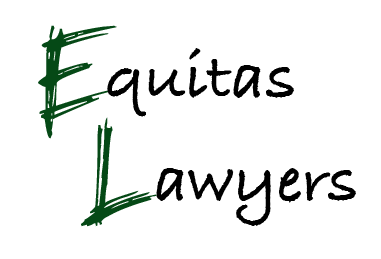Premises liability is a legal concept that deals with the responsibility of property owners or occupiers for injuries and accidents that occur on their premises. This area of law is crucial in determining who should be held accountable when someone is injured due to hazardous conditions or negligence on a property. Whether you own a residential property, operate a business, or simply visit someone else’s premises, understanding premises liability is essential to protect both your rights and responsibilities.
Types of Premises Liability Claims
Premises liability claims can encompass a wide range of scenarios, each with its unique set of circumstances. Some common types of premises liability claims include:
- Slip and Fall Accidents: These occur when someone slips, trips, or falls due to dangerous conditions like wet floors, uneven surfaces, or debris.
- Negligent Security: Property owners have a duty to provide adequate security to protect visitors from foreseeable harm. Inadequate security measures can lead to injuries or assaults.
- Dog Bites: If a property owner’s dog attacks and injures someone, they may be held liable for the damages.
- Defective Conditions: Property owners are responsible for addressing and repairing any dangerous conditions, such as broken handrails, faulty wiring, or crumbling stairs.
- Swimming Pool Accidents: Owners of swimming pools must take precautions to prevent accidents, such as proper fencing and signage.
- Elevator and Escalator Accidents: Property owners must ensure that elevators and escalators are properly maintained and inspected to prevent accidents.
- Inadequate Maintenance: Failure to maintain the premises in a reasonably safe condition can lead to injuries. This includes addressing issues like cracked sidewalks, potholes, and overgrown vegetation.
Legal Principles of Premises Liability
The legal principles governing premises liability cases vary by jurisdiction, but they generally revolve around the duty of care owed by the property owner or occupier to visitors. Here are some essential elements:
- Duty of Care: Property owners or occupiers owe a duty of care to invitees (those who have permission to be on the property) to keep the premises reasonably safe. The level of care required may vary based on the visitor’s status (e.g., invitee, licensee, or trespasser).
- Foreseeability: Property owners must foresee potential dangers and take reasonable steps to prevent injuries. If they fail to address known hazards, they can be held liable.
- Causation: To establish liability, the injured party must show that the property owner’s negligence or failure to maintain the premises was the direct cause of their injuries.
- Notice: Property owners may not be held liable if they were unaware of a dangerous condition and had no reasonable opportunity to discover it. However, if they should have known about the hazard, they can still be held responsible.
- Comparative Fault: In some cases, the injured party’s actions may have contributed to the accident. Many states follow comparative fault principles, which reduce the damages a plaintiff can recover based on their percentage of fault.
Preventing Premises Liability Claims
According to David & Philpot, PL, property owners and occupiers can take several proactive steps to prevent premises liability claims:
- Regular Inspections: Conduct routine inspections to identify and address potential hazards promptly.
- Maintenance: Ensure that the property is well-maintained, including repairs and upkeep of walkways, stairs, and common areas.
- Security: Provide adequate security measures, especially in areas where criminal activity is a concern.
- Warning Signs: Use warning signs and barriers to alert visitors to potential dangers, such as wet floors or construction zones.
- Insurance: Maintain appropriate insurance coverage to protect against potential liability claims.
Premises liability is a complex area of law that involves a range of circumstances and legal principles. Thankfully, premises liability lawyers are able to help guide their clients through the process. Property owners and occupiers must be aware of their responsibilities to maintain safe premises and protect visitors from harm. Likewise, those who suffer injuries due to hazardous conditions on someone else’s property should understand their rights and seek legal recourse when necessary. By understanding and adhering to the legal principles of premises liability, we can promote safer environments and ensure that justice is served when accidents occur.
